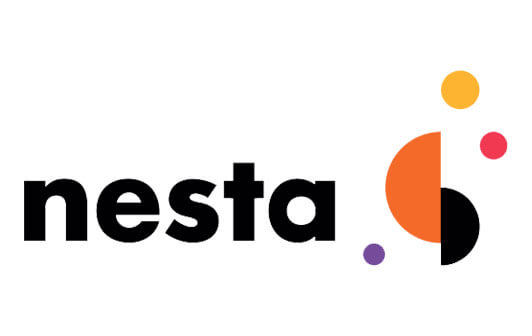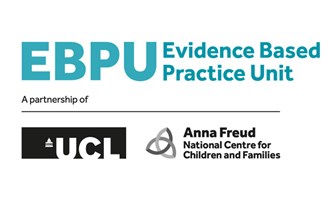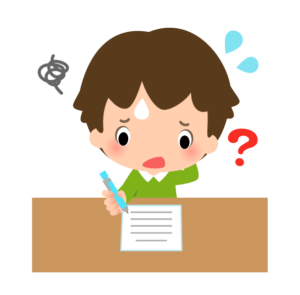 We know that SATs can be an anxious time for some children (and teachers and parents!). So Zoe has recorded a free audio for you to use with your children.
We know that SATs can be an anxious time for some children (and teachers and parents!). So Zoe has recorded a free audio for you to use with your children.
It’s a relaxing body scan mindful mediation that is just over 3 minutes long. Our chief year 6 testers said it helped them to feel a lot calmer!
We hope it helps – good luck!
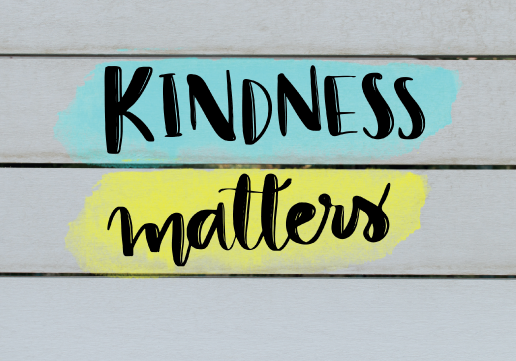
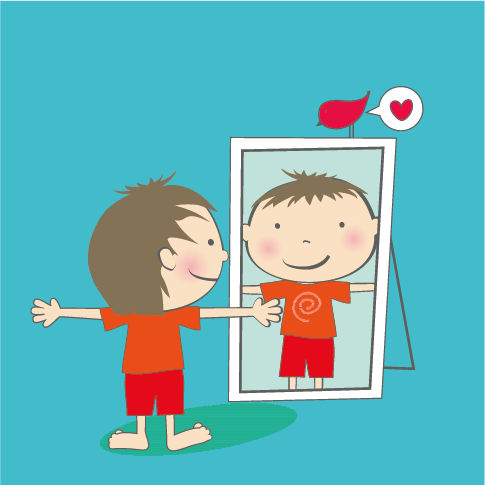 Healthy self-esteem in children and young people is the topic of our first blog post to support teachers and parents looking to understand how they can help children with their well-being.
Healthy self-esteem in children and young people is the topic of our first blog post to support teachers and parents looking to understand how they can help children with their well-being.


